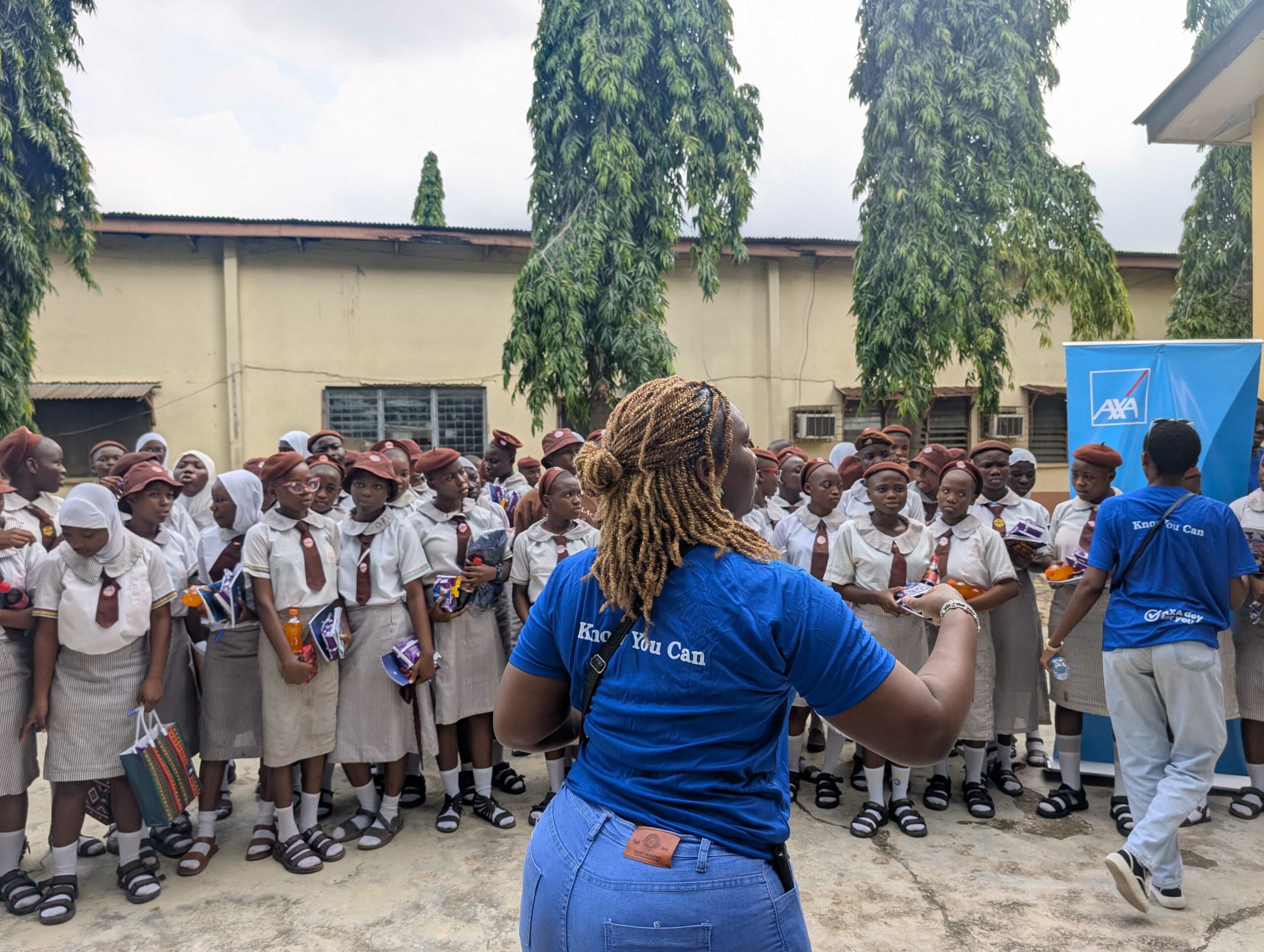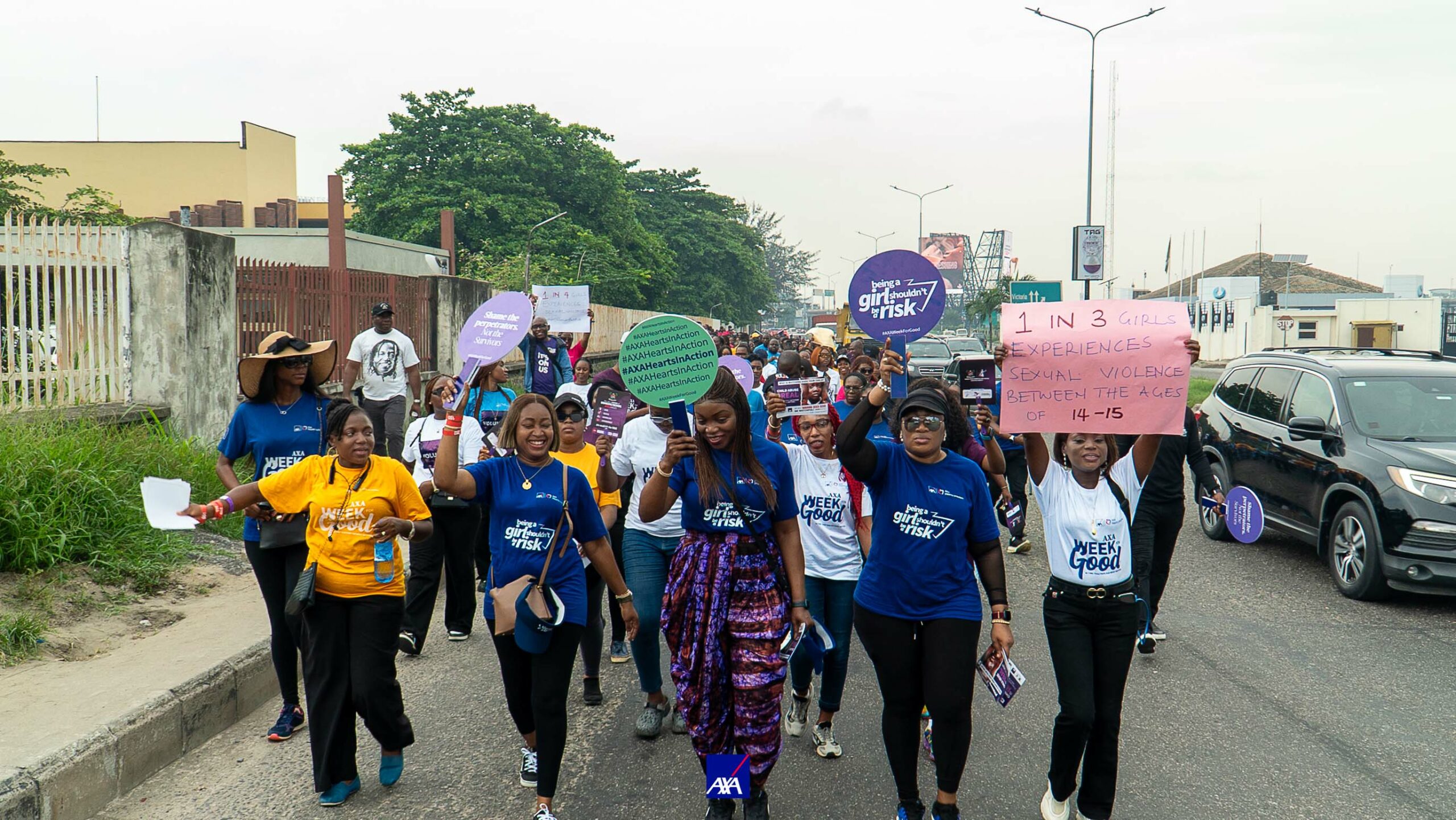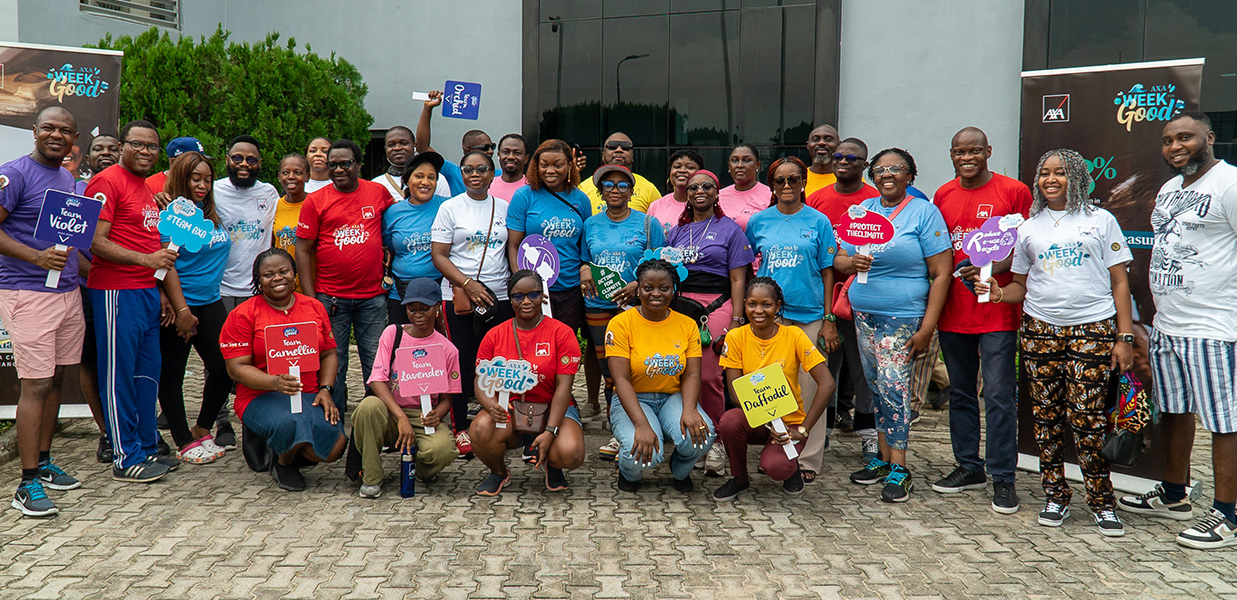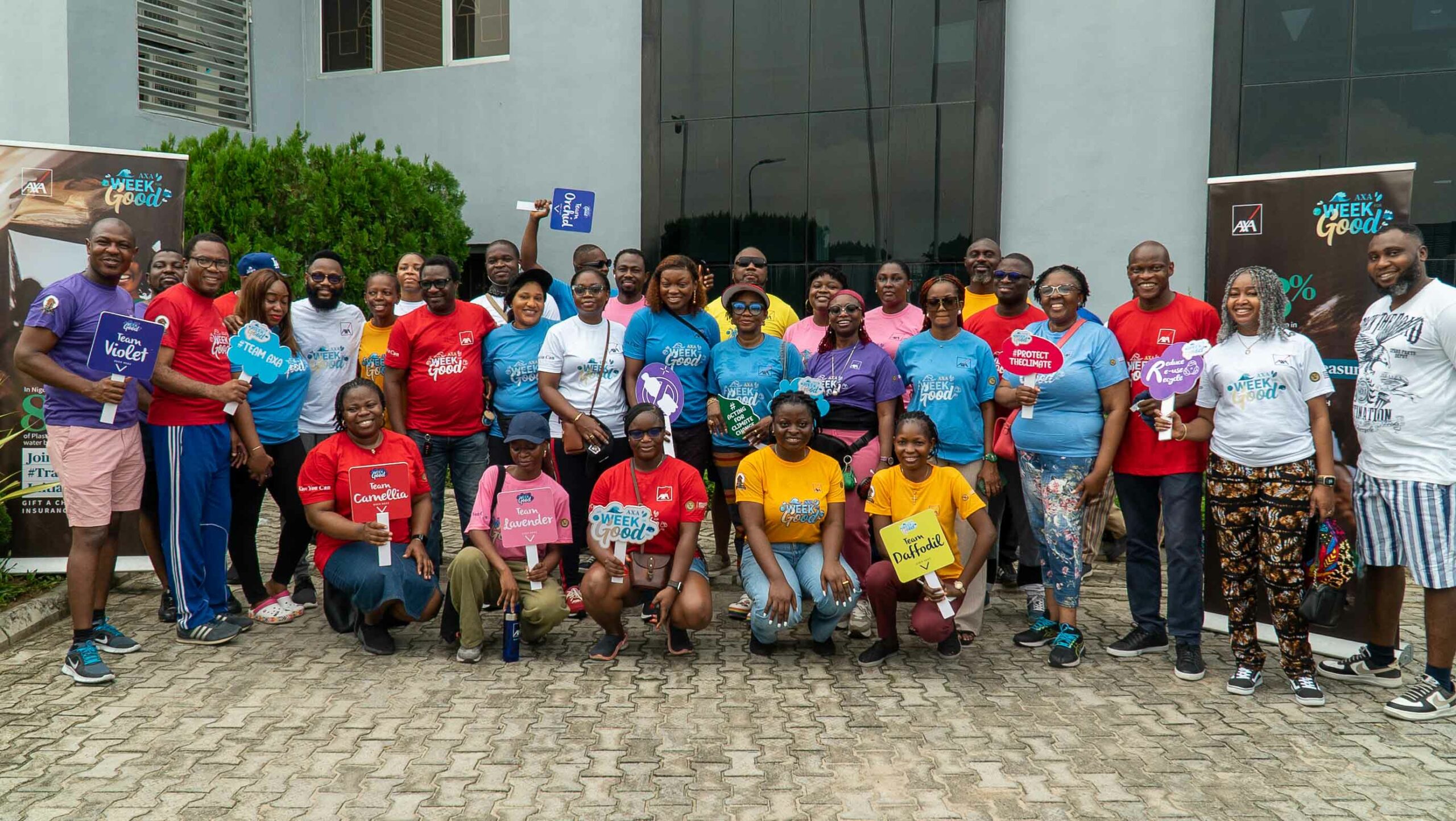In the fast-paced, high-stakes business world, top executives often consider sleep a luxury they can’t afford. The pressures of deadlines, economic volatility increases, and the need to innovate are constantly rising. Nigeria presents a classic case where business leaders must navigate the complexities of an evolving economy, regulatory shifts, and political instability. This, notwithstanding, means that sacrificing sleep for perceived productivity comes at a high cost, especially regarding a vital leadership function such as decision-making.
The situation isn’t peculiar to Nigerian executives. Sleep deprivation has become a silent epidemic among high-ranking professionals globally. Executives who work late into the night, sending emails at 2 a.m. and operating on minimal rest, often believe they are outworking their competition. However, research consistently shows that lack of sleep significantly hampers the cognitive processes required for good decision-making, creativity, and emotional regulation. This realization is causing many forward-thinking leaders worldwide to rethink their relationship.
In Nigeria, the culture of sleeplessness among executives is pervasive. The Nigerian Business Leaders’ Sleep Survey, conducted by Wellbeing Initiative in Lagos, revealed that 68% of senior business leaders regularly sleep fewer than six hours a night, far below the recommended seven to nine hours. Among this group, nearly 80% reported feeling the effects of sleep deprivation on their daily performance, including difficulty concentrating, irritability, and indecisiveness.
A report by the Nigerian Economic Summit Group (NESG) suggests that poor decision-making in critical moments has contributed to some of the challenges faced by Nigeria’s financial sector. While economic factors certainly play a role, sleep deprivation, though often invisible, can magnify poor judgment and cause leaders to make decisions based on fatigue, not strategy.
Globally, the conversation around sleep and executive performance is shifting. Top CEOs like Jeff Bezos and Sundar Pichai of Google have been vocal advocates for getting eight hours of sleep a night, stating that good rest can aid good decision-making.
A Harvard Business Review study confirms this trend. It found that executives who get sufficient sleep are 50% more likely to make better decisions in critical moments than their sleep-deprived peers. Moreover, sleep fosters the emotional intelligence necessary for good leadership, enhancing empathy and reducing impulsive reactions, which are crucial when managing teams and navigating crises.
In Nigeria’s volatile economic environment, sleep can be a competitive differentiator. Leaders prioritizing rest are better equipped to manage the stress of the increasingly changing socio-economic and political environment. They can approach challenges with clarity, patience, and sound judgment, giving their organizations a significant advantage.
Finally, the argument for prioritizing sleep is not just about personal wellness but also business outcomes. Sleep is no longer a luxury for executives—it’s a strategic asset.



